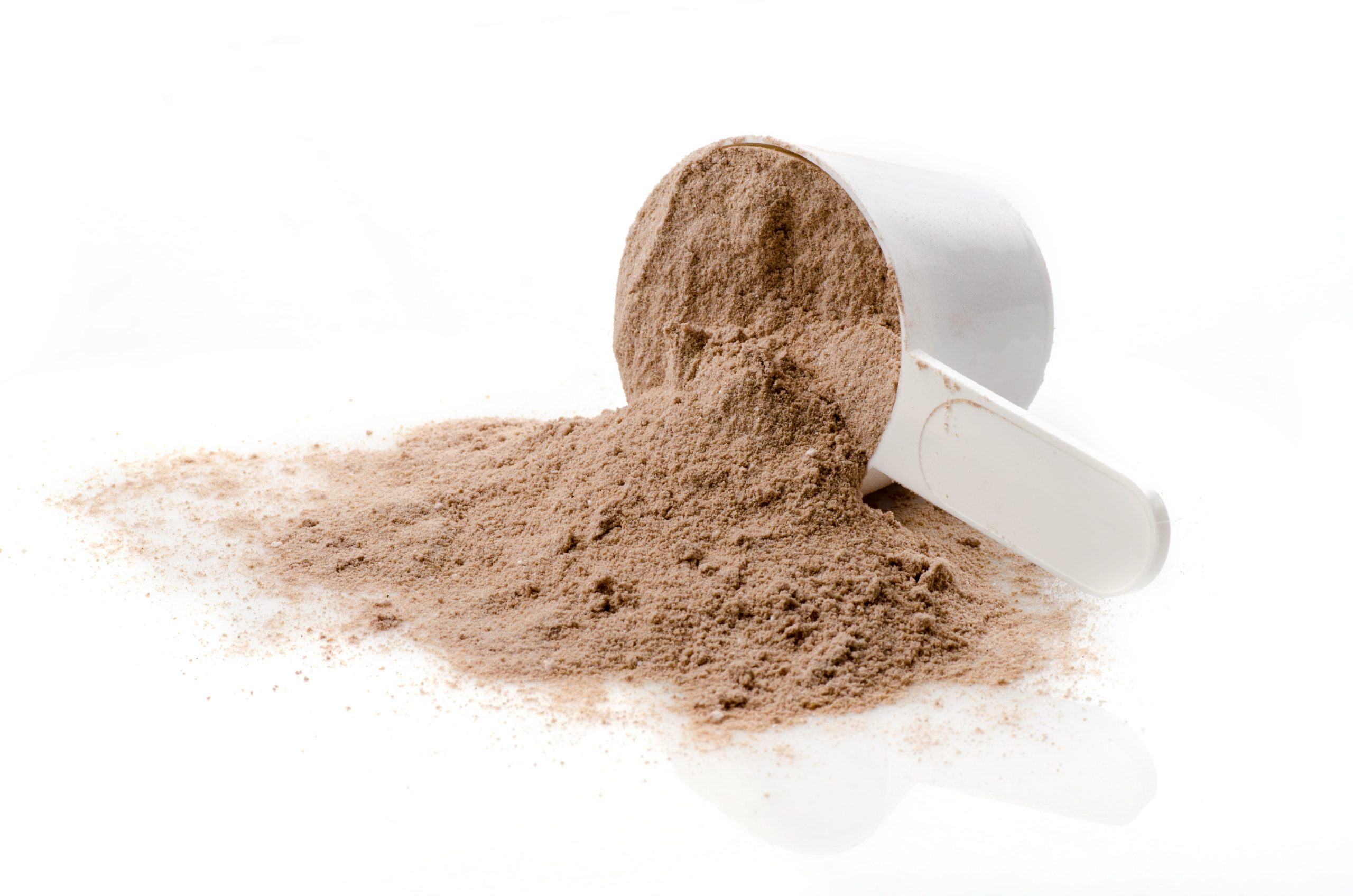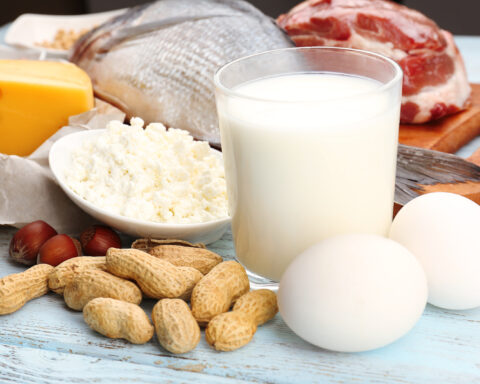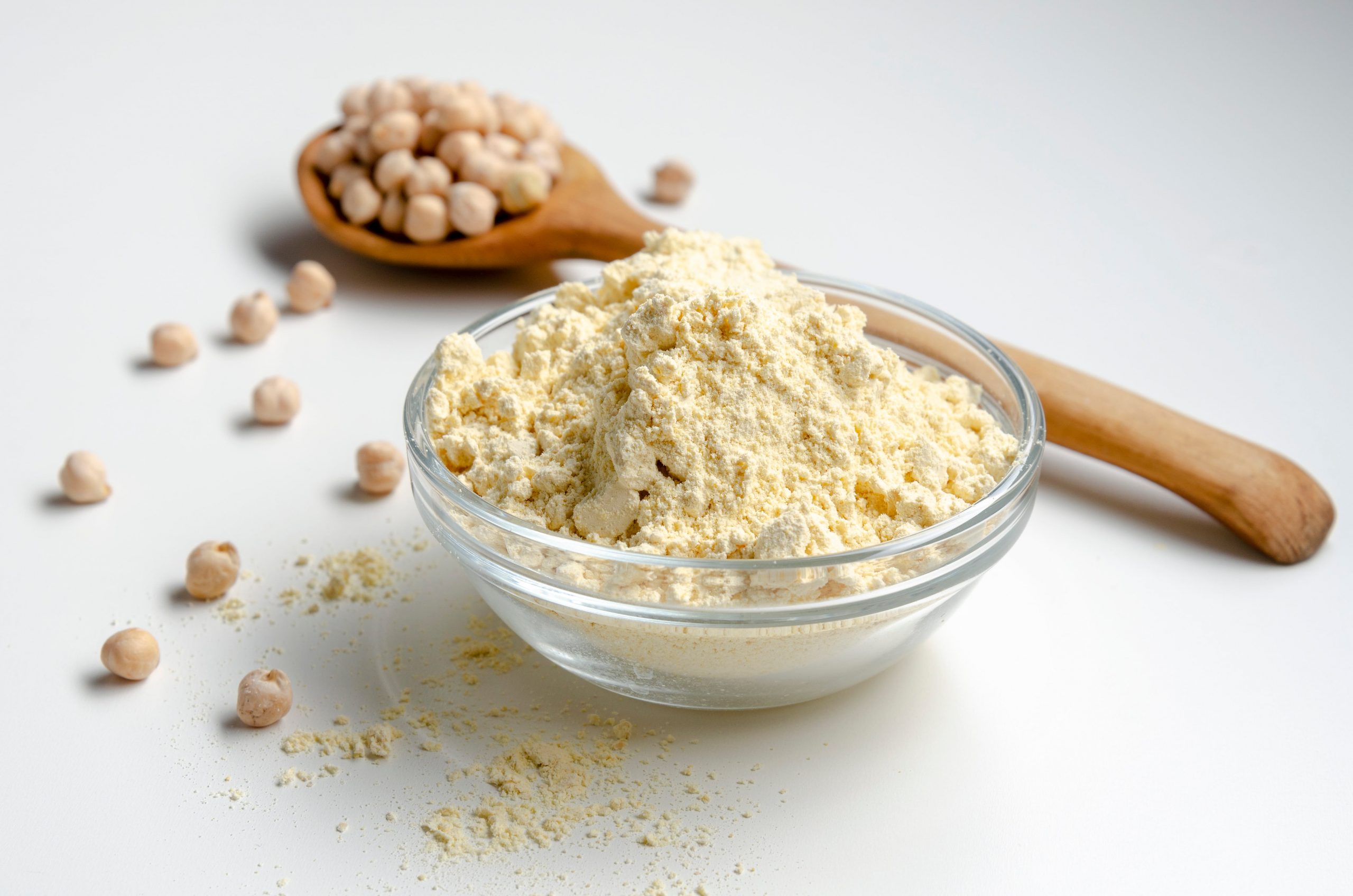Whey proteinpowders can be the next big thing for people looking to add proteins in their healthy diet routines. Before diving into the world of whey protein, one needs to understand the variant that meets personal needs and preferences. Below is all you need to know before getting started in Whey proteins.
Ever wondered why bodybuilders and weight trainers like using whey protein? If you’re starting a weight loss journey, your trainer may recommend you add whey protein to your diet. Well, whey protein powder is a great supplement that helps to promote lean muscle, increase mass growth, and enhance muscle protein synthesis. It contains many important amino acids which are quickly absorbed into the body to produce excellent health benefits. Unlike other types of protein, it contains low amounts of lactose and offers other exceptional properties. It’s simply the best supplement to help you achieve your fitness goals.
Does Whey Protein Have Any Nutritional Value?
Ever opened a yogurt cup and noticed a thick liquid floating on the top? That’s what we call whey. Whey protein is a combination of proteins gotten from a whey product. Whey makes 20% in the milk, and it’s the watery portion. After the cheese production process, this substance goes through some processes to finally come out as a by-product and what we refer to as whey protein. This powder can be used in shakes, meal replacements, and protein bars due to its high nutritional value. Some whey protein powder may have unhealthy sugars. So, ensure you such, and take the healthy ingredients and minimum additives if you want to get the best results.
Nutrition Content of Whey Protein Powder
One scoop of whey protein powder contains 13 calories. It has 0.5 g of fat, and 0.3 g of it is saturated fat. It has zerotrans-fat. Polyunsaturated fat makes up to 0.1 g, and so does monounsaturated fat. Cholesterol content is 5.1 mg, which offers 2% of the required daily amount. The potassium amounts are 160 mg and give you 5 % of the needed daily requirement. The powder contains 50mg sodium that gives 2% of the recommended amount. The carb content is 2 g, from which 1% is fiber. The protein covers the most part, with a content of 25g. In conclusion, 2% iron and 12% calcium are among this nutritious powder’s important components.
Types of Whey Protein Powder
Whey protein powders are not equal because of their differences in processes, content, taste, digestibility, and pricing. The 3 main types include concentrate, isolate, and hydrolysate.
Concentrate– It contains 70 to 80%of protein. It has some milk, sugar, lactose, and fat, which gives it a tasty flavor.
Isolate-It contains about 90% or more proteins. It has little amounts of lactose and fats, hence does not offer as much nutritional value as the rest.
Hydrolysate–It’s often recognized as hydrolyzed whey. It’s a pre-digested substance to make absorption a quick process for consumers.
Which Whey Protein Powder Is the Best?
Deciding the best whey protein powder depends on you. Is it the price,the taste, or the nutritional value? Choose concentrate if you want a delicious whey protein powder in your diet. It’s tasty and retains all the nutritional content. Also, it’s cheaper, so you need not worry about the pounds you’ll need to save for it. If you want something that has fewer carbs and carbohydrates, opt for isolate or hydrolysate. If you want a convenient type, the hydrolysate is what to go for. It’s easy to digest and has fewer allergic reactions. This makes it the safest to use among them all.
Benefits of Whey Protein Powder
Whey protein powder is more special than other protein types. It’s beneficial in the following ways;
It makes you strong and strengthens your muscles
Whey protein powder increases your muscle mass, as well as body strength. It anaerobically releases hormones like insulin which helps in muscle growth. Leucine, one of its contents, enhances the synthesis of proteins in the body. Also, the protein and amino acids in it play a big part in stimulating muscle growth. Unlike the other sources of protein, whey protein supports muscle growth faster.
Offers protection to children
While it’s assumed whey protein powder is only beneficial to adults, that’s not true. Experts say that infants 3 months to -1yr old can experience health benefits by consuming whey protein powder. It reduces the risks of getting common allergic reactions that kids experience and lowers the development of itchy skin. However, whey protein may not offer this resistance to such conditions once a kid is beyond 1 year.
It helps to control your eating
Proteins are generallya strong defense for controlling stomach fullness, and whey protein powder is an excellent solution. It raises your metabolism, reduces your appetite, and makes your muscles lean.
Helps to recover from exercises
Adding whey protein powder to the diet improves your recovery abilities. It’ll help you have a quick recovery after strenuous gym sessions.
Reduces cholesterol
Whey protein has been successfully proven to reduce cholesterol in the body more than casein protein.
Facilitates stabilization of blood pressure
Hypertension patients should consume whey protein powder. It helps to maintain a healthy blood pressure level and offers protection against heart diseases.
Other health benefits
This powder acts as an anti-cancer product, strengthens the immune system, and protects the body against the effects of skin conditions like psoriasis.
Precautions When Consuming Whey Protein Powder
To be safe, take only 1 or 2 scoops of the powder. It’s important to take the right dosage to avoid experiencing bloating, uncomfortable bowel movements, and diarrhea. Pregnant or nursing women and individuals allergic to dairy should avoid consuming it.
Side Effects of Whey Protein Powder
No matter how beneficial any protein can be, overconsumption is unhealthy. Whey protein powder should be consumed moderately. The negative effects of whey powder include;
- Kidney problems- The powder may cause renal problems and kidney stones. Ensure you implement lots of fiber and water to balance the implications caused by whey protein.
- Unpleasant weight gain- Some whey powder has unhealthy sugars and fats and can increase your carbohydrate content in the body. Instead of reducing weight, you may exceed your calories count.
- Causescardiovascular diseases- exceeding protein requirement is a risk factor for heart arrhythmia, cardiac arrest, and total damage to cardiac functions.
- Imbalances minerals in your bones, leading to osteoporosis
- Spikes blood acidity
- Causes liver damage
- Difficulties in breathing and swelling of facial parts
- Unbalanced nutrition consumption
- Development of gout
Conclusion
Whey protein powder is undoubtedly lined with both merits and demerits. Even so, the health benefits make it a compulsory supplement in your diet. The side effects only occur if you fail to take the proper dosage. The powder is beneficial to weight lifters, athletes, individuals with inadequate proteins, and anyone else who wants muscle strength to keep fit. In addition, it’ll help you stop experiencing hunger attacks. It’s a portion of great post-workout food and will help you recover from exercises. So, if you want something to help you achieve your fitness goals, whey protein powder is what you need!
- Chickpeas vs. Garbanzo Beans: What’s the Difference? - April 19, 2024
- How to Manage or Improve Anxiety - September 21, 2023
- The birth of a company - July 29, 2023









